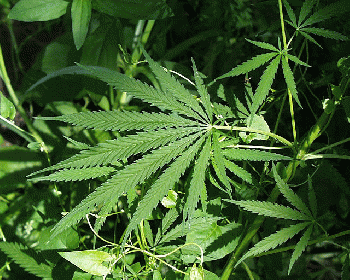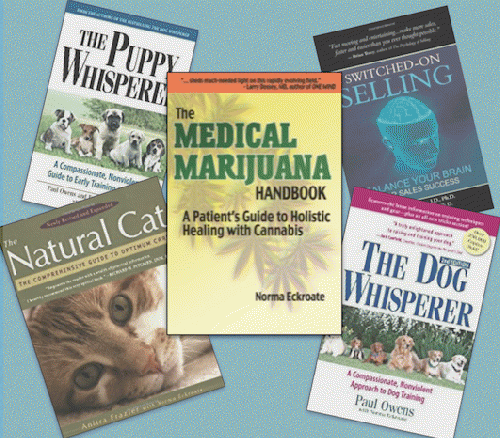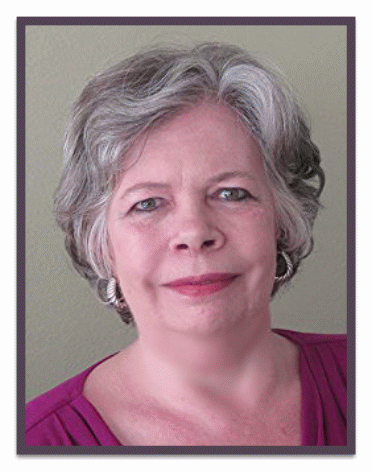The good news from the November 2016 election results is that Florida, North Dakota, and Arkansas legalized medical marijuana, and Montana voted to expand medical marijuana rights. (According to Boston 7 News WHDH, "A recount of a public referendum that legalized recreational marijuana use in Maine is getting underway in the state's capital city.")
Twenty-seven states now have some form of legalized marijuana. (More details in sidebar below.)

Marijuana
(Image by (From Wikimedia) United States Fish and Wildlife Service, Author: United States Fish and Wildlife Service) Details Source DMCA
Many more Americans now have a legal path to this medicinal herb. Both medical users and recreational users can benefit from the many healing qualities of cannabis. More and more medical and scientific experts are saying that medical marijuana may provide relief in situations where pharmaceutical drugs fall short. It's more natural and therefore easier for the body to interact with and it has fewer side effects -- and it's almost always much less expensive.
Norma Eckroate is the author of the groundbreaking book, The Medical Marijuana Handbook: A Patient's Guide to Holistic Healing with Cannabis. She has co-authored a dozen books, including the holistic bestsellers The Natural Cat, The Dog Whisperer: A Compassionate, Nonviolent Approach to Dog Training, and The Puppy Whisperer. Lately she's been exploring holistic health for humans, and she joined us for an interview today.
Meryl Ann Butler: Thank you for visiting with us, Norma. I've been reading your comprehensive book and I see that it really fills a need. What makes your book unique in the field of medical marijuana?
Norma Eckroate: Well, in addition to lots of nitty-gritty facts about medical marijuana, I draw on my background as a licensed spiritual counselor to explain the importance of integrating body-mind-spirit perspectives in optimizing healing and well-being.
My book also includes a look at some of the ways that natural remedies, like medicinal herbs, are different from pharmaceuticals -- and why they can be more conducive to healing.
MAB: So tell us, how did a little Ohio farm girl end up writing a handbook about pot?
NE: I'm probably more surprised that I'm using marijuana than anyone else. Even though I live in California and could have legally used it since 1996, it was frankly too scary to pursue. During most of those years, the federal government was still jailing people for possession, even though medical marijuana was legal on a state level.
But, over many years, a lifelong health challenge -- a mild form of cerebral palsy -- became much more difficult to deal with. Muscle spasms and pain, along with other symptoms, made sleep more and more elusive.
Because I was concerned about the addictive aspects of pharmaceutical painkillers -- as well as other side effects -- I opted for over-the-counter painkillers instead, always taking the minimum amount that would quell the pain enough for me to sleep. For decades, I took over-the-counter painkillers, avoiding the prescription drugs that doctors wanted to prescribe for me.
Then, a new doctor, who was concerned about my condition and a lack of restorative sleep, convinced me to try a new type of opioid painkiller, explaining that it didn't have as many side effects as others. But that didn't work out so well as, over time, I needed more and more of it to get to sleep, and I still woke during the night, needing to take more. I felt like I had become addicted to it. And I still felt lousy. I was desperate.
Next Page 1 | 2 | 3 | 4 | 5 | 6 | 7 | 8 | 9
(Note: You can view every article as one long page if you sign up as an Advocate Member, or higher).







